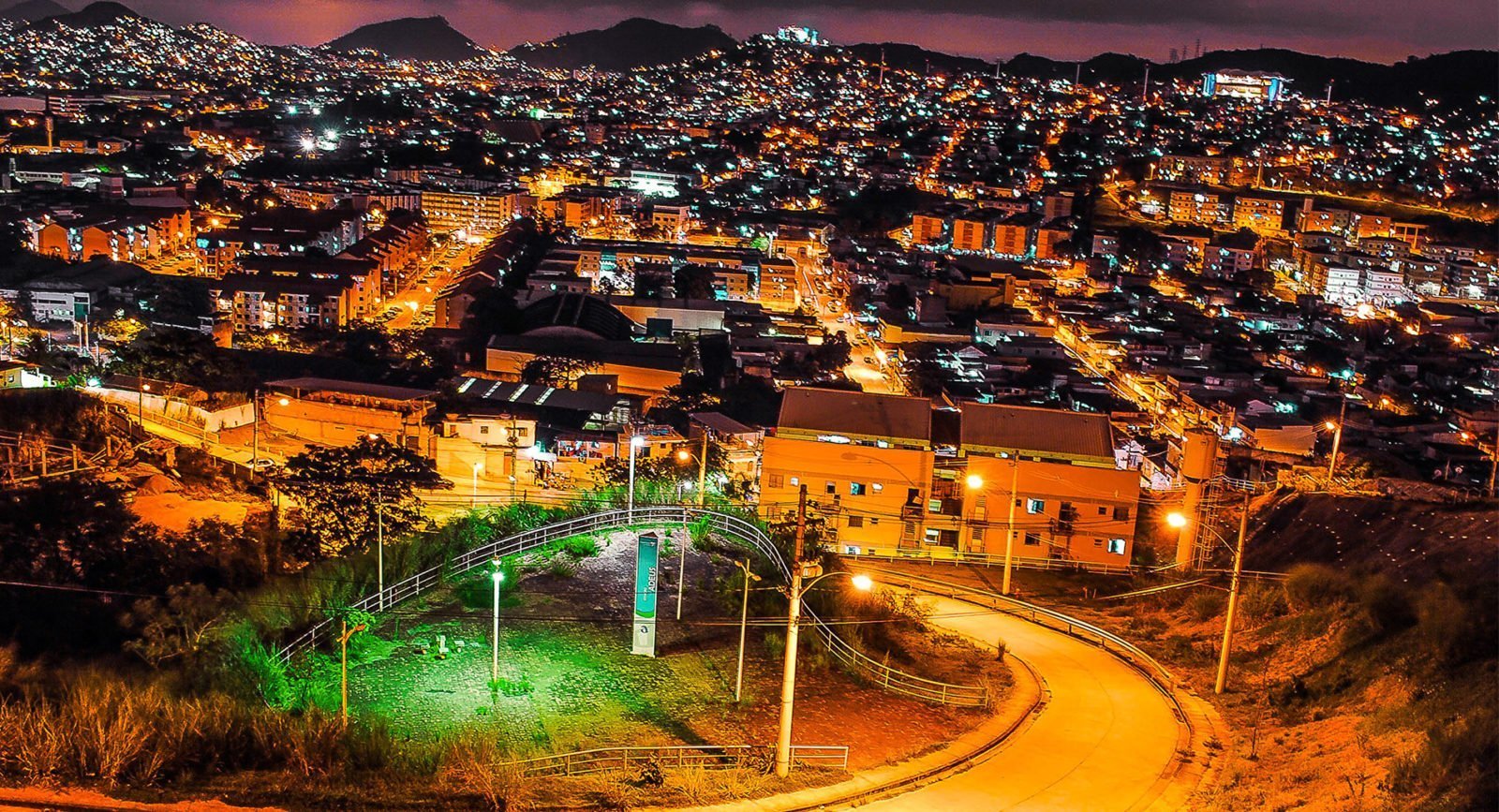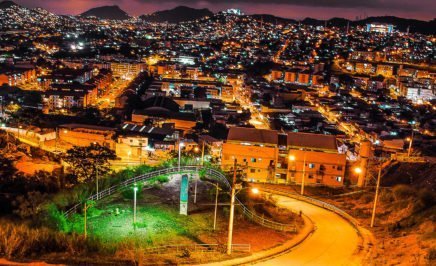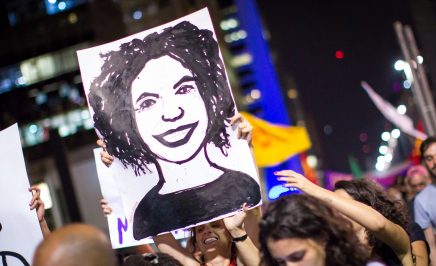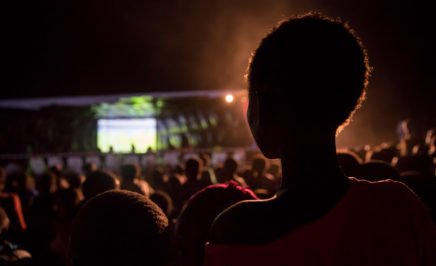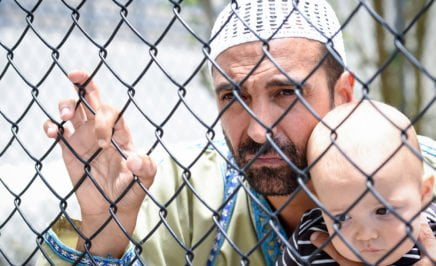There’s a darker side to the glitz and glamour of this year’s host city.
Rio’s preparations for this summer’s Olympics risk unleashing a new wave of police violence against favela residents and protestors.
On 5 August 2016, almost 12,000 of the world’s best athletes will congregate in Rio de Janeiro to compete in a dazzling spectacle. It’s been 7 years since Rio was awarded the Games, promising a safe city for all. And yet, in those same 7 years, Rio’s security forces have killed over 2,500 people in the city. Amidst the glitter and fanfare, will anyone remember them?
As the Games draw closer, security forces continue to take lives across the city. Over 100 people have been killed by police in Rio de Janeiro state so far this year. The majority: young black men.
“In 2015, at least 307 people were killed by police in Rio.”
Amnesty International
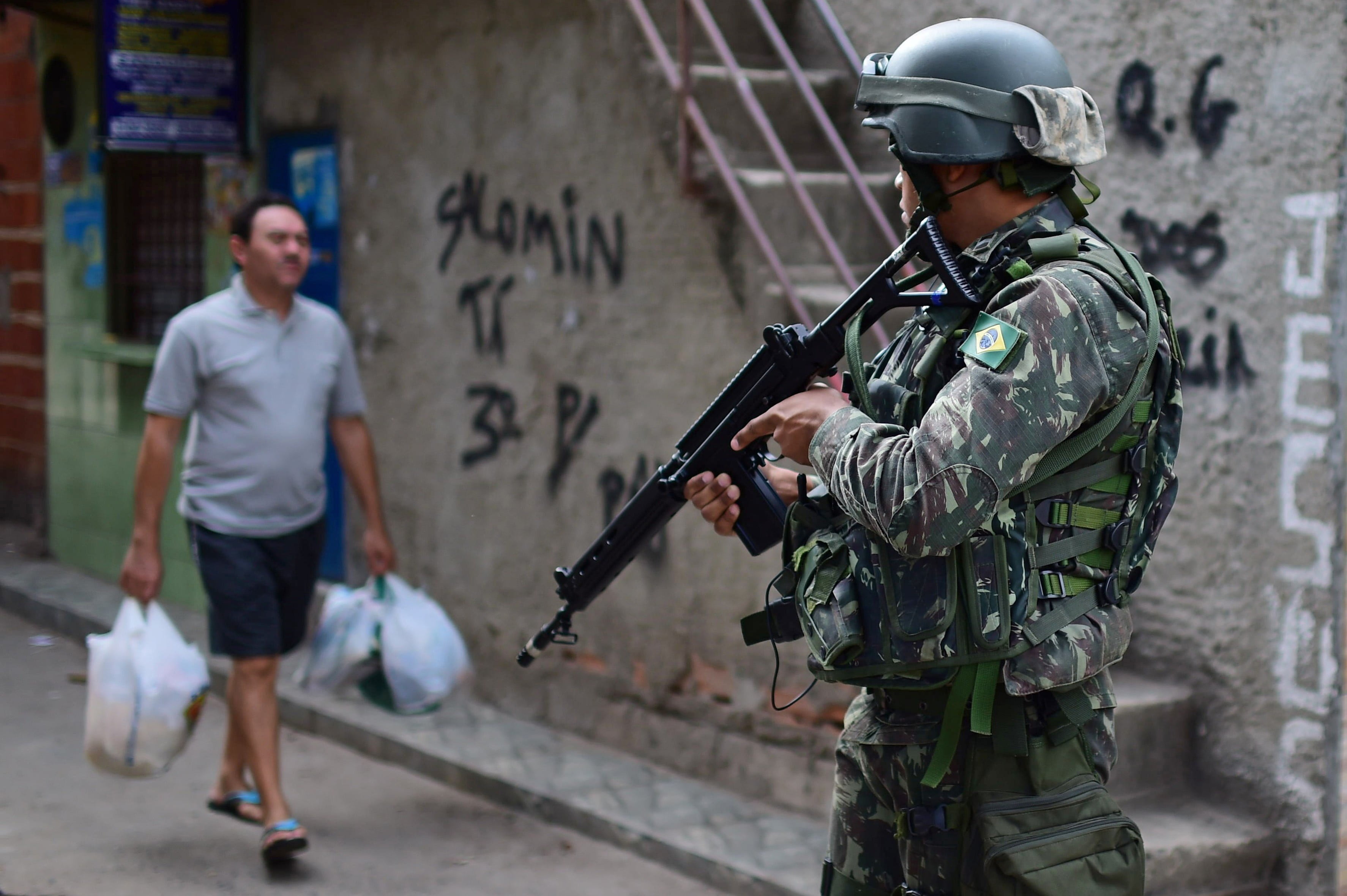
When the world is watching
We’ve seen this before. In 2014 – the year that Brazil hosted the FIFA World Cup – police killings in Rio de Janeiro state shot up by 40%. Police and military forces were deployed as part of ‘public security’ plans. As tensions rose, they repressed protestors with brutality and unleashed lethal violence in favelas. ‘Shoot first, ask questions later’. No one was held to account; security forces got away with murder.
Right now, these same kinds of ‘public security’ plans are being put in place for the 2016 Games. As the world turns its attention to Brazil, those in charge of ‘security’ must play a fair game and put an end to police violence on Rio’s streets.
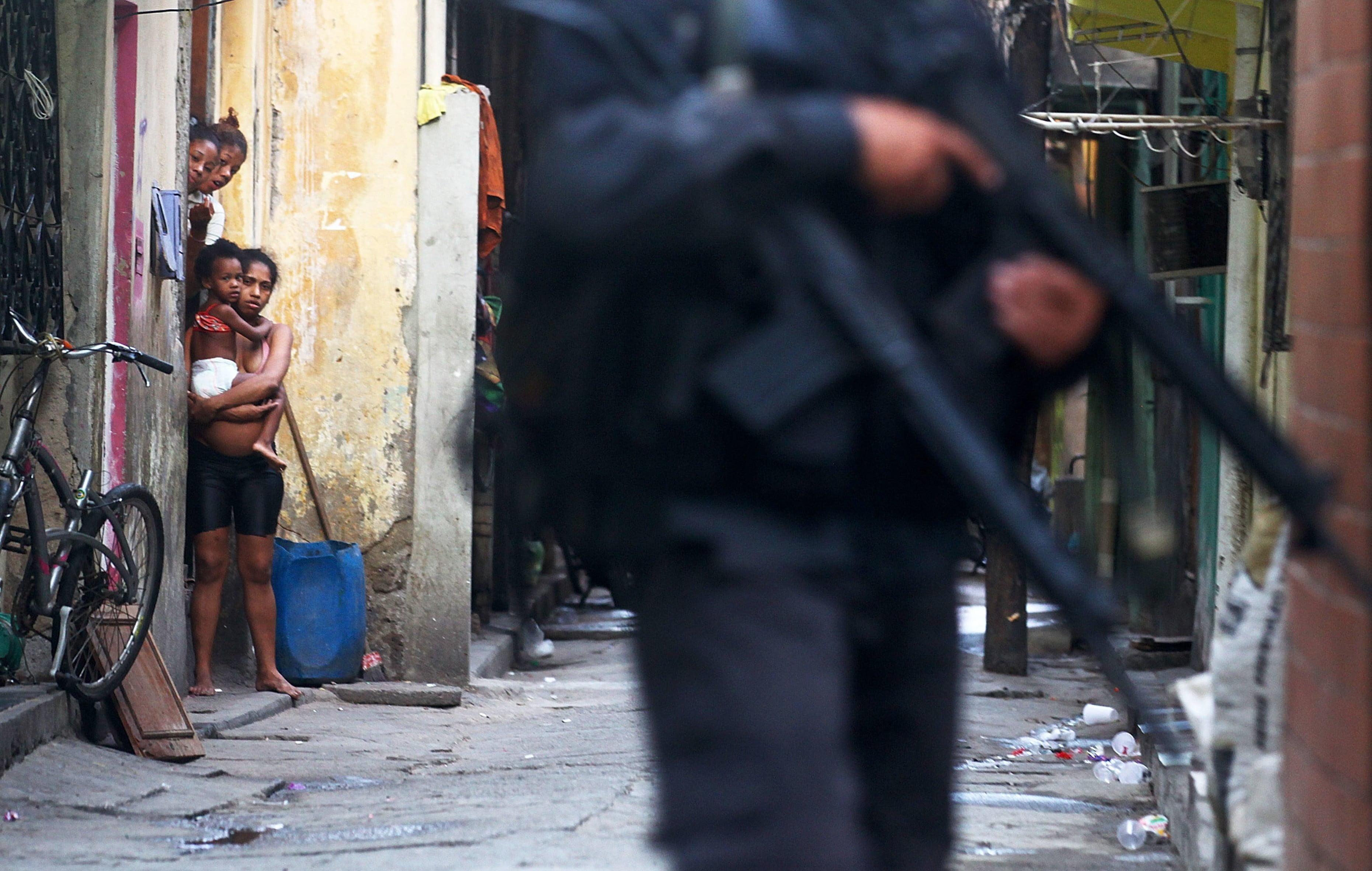
Young, black and living in terror of police
Brazil has, in absolute numbers, the highest number of homicides in the world – some 60,000 murders a year. But thousands of those killings are carried out by the police, with almost no accountability whatsoever. That their victims are largely young black men from poor areas is met with indifference by many. Years of violence and a history of racism have produced negative stereotypes that stand in the way of justice. The security forces are getting away with the murder of thousands of young black men.
Shot by soldiers on the way home
On 13 February 2015, Vitor Santiago, 30, kissed his mother goodnight and headed out to watch the football with some friends in a bar near his house in Mare favela, Rio. It was almost carnival and spirits were high as he drove home with his friends in the early hours.
Suddenly, there were soldiers everywhere, and a military checkpoint ahead. With no warning, gunfire rained down on the friends’ car. Victor was hit by two bullets that pierced his lung and struck his spine.
Vitor fell into a coma. Today, he is paralysed from the waist down. There’s been no effective investigation into the shooting that cost him his mobility and a leg, and no one has been brought to justice.
